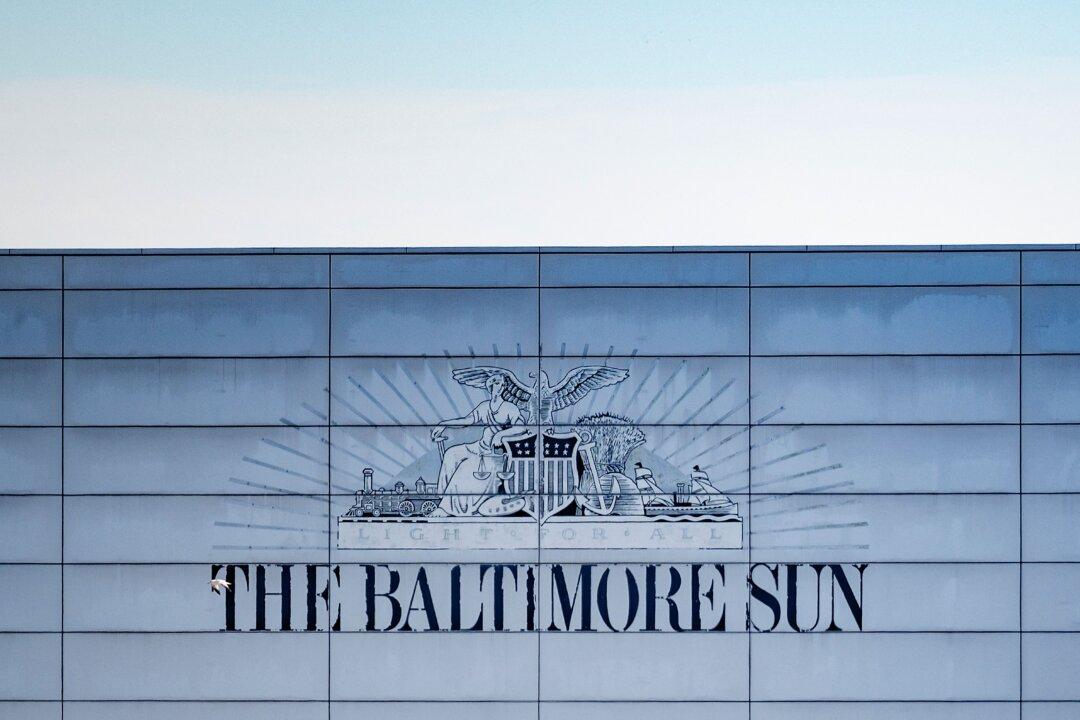Commentator and entrepreneur Armstrong Williams told The Epoch Times that he intends to boost the appeal of The Baltimore Sun, which he recently acquired, by focusing on hyper-local coverage and investigative reporting that informs readers about issues close to home.
“People want to know what’s going on in their local community,” Mr. Williams said during an interview on Feb. 1.





